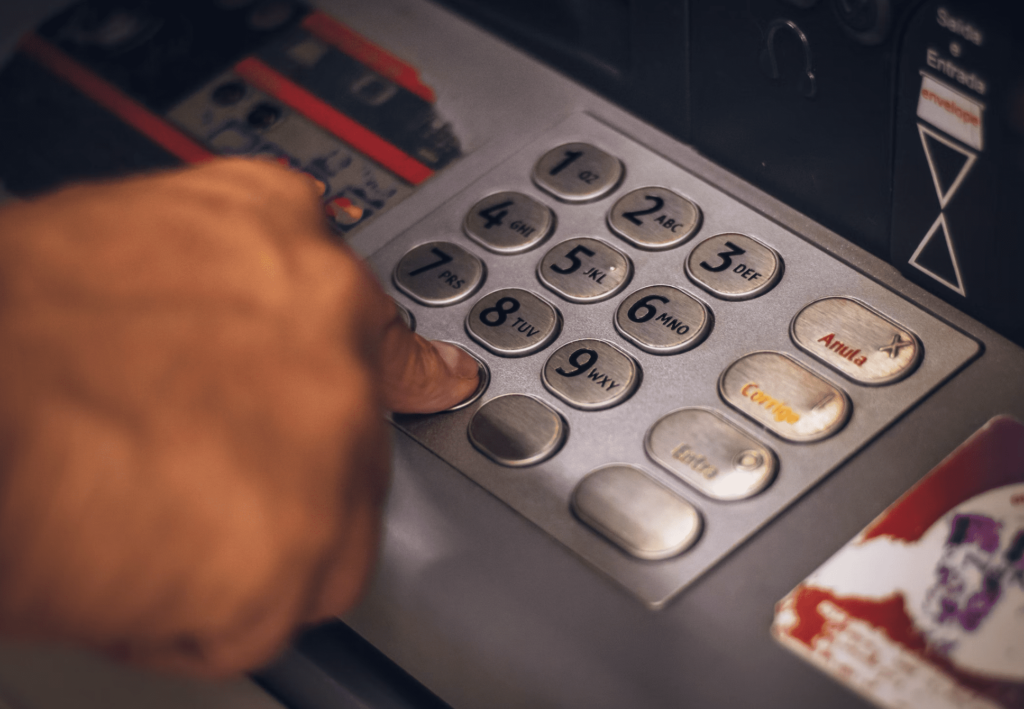Chase Payment solutions regularly releases process changes and updates related to potential financial impacts for its clients. At Merchant Cost Consulting, we keep a close eye on those updates in an effort to keep our readers informed.
You can also read our Chase Paymentech review for more information.
Chase Payment Updates & Rate Changes (September 2025)
Chase just sent a notice out to merchants informing them that about fees will be changed, all related to Discover transactions. The following rates are effective as of September 8, 2025:
- Discover Authorization Rate – $0.01235
- Discover Per Transaction Rate – $0.01235
- Discover Assessment Fee – 0.0712%
- Discover International Processing Fee – 0.452%
Chase is also eliminating its Conveyed Discover per Transaction Fee of $0.01235, but the new fees and increases will result in net higher costs for merchants.
Other Chase Payment Updates & Rate Increases
Chase publishes Payment Brand Changes on its website. We’ve highlighted some of the noteworthy updates in greater detail below.
July 2023
Effective July 1, 2023, Visa is implementing a new Digital Credential Updater Fee of $0.12 for VDCU activities that will affect merchants using Chase Payments.
The VDCU is used for token lifecycle management, including token status change notifications and credential on file updates. They help ensure cardholder payment credentials are updated for payment continuity and authorization approval.
April 2023
- Visa is introducing a new CVV2 fee of $0.0025 for “Match” and “No Match” results
- Effective 4/17/23, Visa is implementing a 0.02% Estimated Authorizations Fee
- Effective 4/17/23, Visa is implementing a 0.02% Incremental Authorizations Fee
- Effective April 1, 2023, Visa is implementing a $0.10 MSD Contactless fee for sale and refund transactions for POS Entry Mode 91
Mastercard Updates and Fee Changes
Mastercard is making significant changes to its interchange rates and fees effective 4/22/2022. You can see our complete guide to Mastercard Interchange Rates for complete details. Here’s a quick summary of what to expect:
- Updated interchange rate codes for consumer interregional transactions
- New and increased interchange rates 19 different categories
- Reduced reporting and infrastructure fee
- Expansion for digital enablement fees
- Updated decline reason code service fees
Visa Updates and Fee Changes
Chase Paymentech has updated its customers with Visa’s newest changes for 4/22/2022:
- New interchange fees for certain merchant categories
- New interchange rates for consumer credit transactions
- New retail entry interchange updates
- Updated utility fee program
- Updated address verification service fees
Check out our Visa Interchange Guide for all of the latest updates.
American Express Updates and Fee Changes
Here’s a quick overview of the latest Amex interchange updates that will effect Chase Paymentech merchants as of 4/22/2022:
- Updates to OptBlue Debit interchange fees
- Updates to OptBlue pricing, transaction fees, and program
- Updated OptBlue transaction and assessment fees
Discover Updates and Fee Changes
Like the other major credit card networks, there are significant Discover interchange updates effective 4/22/2022: Here’s what Chase Paymentech is reporting to its customers:
- New interchange rates and monthly fees
- Updated merchant category codes (MCC) for recurring payments
- New interchange program for consumer charity transactions
- Updated acquirer fees
- Updated assessment fees
Effective February 2022 — Mastercard Updates and Fee Changes
- Effective 2/17/2022 — For contactless transactions at AFDs (automated fuel dispensers), Mastercard is only requiring cardholder verification methods for transactions of $100 or more. The update is meant to facilitate faster checkouts for cardholders. Any merchant with contactless terminals at automated fuel dispensers should update the cardholder verification transaction limit to $100 or less.
- Effective February 2022 — Mastercard is charging a fee for all recurring CNP (card not present) transactions that are submitted with outdated credentials. The fee will be assessed monthly as the “Credential Continuity Program” for $0.03.
Effective January 30, 2022 — Visa Update
As of 1/30/2022, Visa will decline authorization requests containing stale TAVV (token authentication verification values) or DTVV (dynamic token verification values). These are crucial for maintaining the integrity of cryptograms and preventing fraudulent transactions.
To prevent these declines, Chase Paymentech is requesting merchants to comply with these requirements for TAVV and DTVV cryptograms for token-based transactions, including ecommerce transactions, in-app transactions, and credential-on-file transactions initiated by the cardholder.
- Any merchant-initiated transaction must comply with the merchant-initiated framework without tokens.
- Any resubmitted TAVV/DTVV or stale TAVV/DTVV will lead to a declined authorization request.
- All TAVV/DTVV cryptograms are for one-time issues.
- All TAVV/DTVV cryptograms need to be new and unique for every authorization request.
- Merchants may not store TAVV/DTVV cryptograms beyond authorization requests.
- The electronic commerce indicator values and TAVV/DTVV provided by the token requester must remain unchanged when submitted for an authorization request.
About Chase Paymentech
Chase Paymentech is the payment processing and merchant acquiring subdivision of JPMorgan Chase Bank. Also known as Chase Payment Brand (formerly Chase Merchant Services) or Chase Payment Solutions, the company offers solutions for merchants to accept payments via credit and debit cards in-person, online payments for e-commerce, and payment solutions on the go.
They also provide a wide range of business credit cards for businesses, even for those without a Chase business checking account. Like most payment processing systems, the underwriters at Chase Payment Solutions review applications to determine your terms.
In addition to the merchant acquiring and payment processing services, Chase Payment Solutioins also provides POS terminals, card readers, and other hardware for merchants. This includes payment processing systems, a payment gateway, the Chase mobile checkout app, acquiring bank services, and other payment solutions that small business owners can use to process transactions.
Follow the all of the latest interchange rates and updates here.





